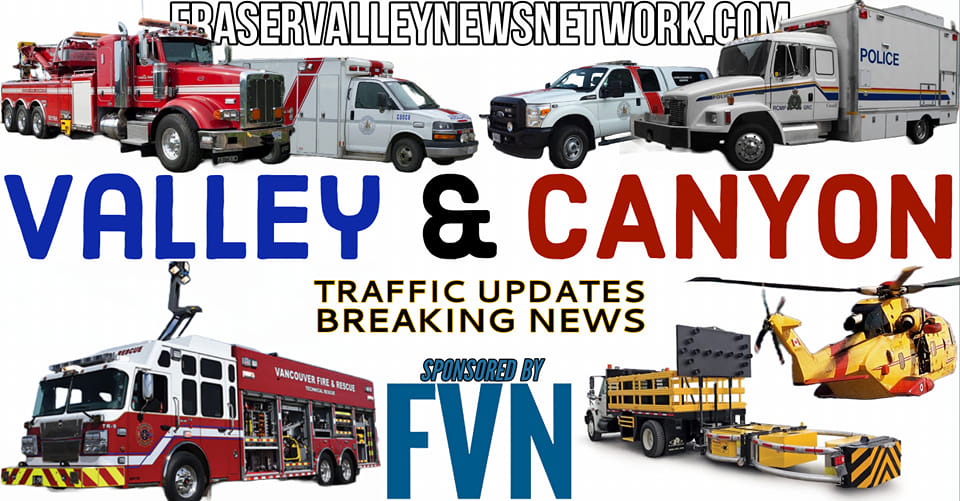Langley – For the first time in 37 years, the Township of Langley has released with OCP – Official Community Plan. The Township, similar to Abbotsford and Chilliwack, has seen tremendous growth since 1979. In reading their media release, one can see the similarities and challenges:
For the first time in 37 years, the Township of Langley has a brand new Official Community Plan (OCP), which is a comprehensive, high-level policy document that will provide a vision for growth and development in the community for the next 30 years.
On December 12, Township Council unanimously adopted the new OCP, which is a culmination of many years’ of work, public consultation, and research.
“Langley Township’s previous OCP dates back to 1979, and we have seen a lot of changes since then,” said Mayor Jack Froese. “While that long-range policy was updated and revised over the years, the new OCP reflects what is important to our community now and will help us move forward in planning, development, and growth management for several decades into the future.”
The OCP provides a framework for growth and change for the entire municipality, and contains broad goals and policies about the Township’s future. It also contains objectives to shape a sustainable future.
“The new OCP will provide certainty for residents and business owners who are investing in this community and want to make Langley Township the place where they live and work,” said Froese.
“The Township’s new Official Community Plan puts more focus on sustainability, on the balance between growth and caring about people and environment,” he added. “Through this OCP, we are planning ahead and shaping our sustainable future.”
Since the creation of its first OCP, the Township’s population has grown from about 44,000 in 1979 to 120,000 in 2016. Low-density residential neighbourhoods were considered best practice at that time, and provisions were made in the 1979 OCP for basic municipal services such as water, sewer, and roads.
“In the decades since the 1970s, the Township has evolved from being primarily a rural community to a complete community with jobs close to where people live,” said Ramin Seifi, General Manager of Engineering and Community Development. “There have been many changes when it comes to community planning, land development, market demand, and legislation. Our focus on the environment has also shifted, and much more thought now goes into preserving our ecology and protecting the environment for generations to come.”
Work on the new OCP began in 2012. The process included extensive community consultation through the Langley Tomorrow Survey, focus group discussions, an online engagement website, and workshops. Information was sought from other government agencies and the Township held four public open houses in 2013.
Creation of the new OCP also involved extensive research, and took into account the Township’s Sustainability Charter, Wildlife Habitat Strategy, Master Transportation Plan, Age-Friendly Strategy, Heritage Strategy, Agricultural Viability Strategy, Housing Action Plan, and Parks and Recreation Master Plan
The new, comprehensive update to the OCP was presented to Township Council in 2013. It passed first and second reading, and public hearings were held over two days that summer.
After it passed third reading by Council, the Township was legally required to submit a Regional Context Statement (RCS) to the Metro Vancouver Board, providing a link between the municipal Official Community Plan and Metro Vancouver’s Regional Growth Strategy (RGS).
The Metro Vancouver Board did not accept the Township’s RCS, citing four objections that related to land use designations, the use of agricultural lands, and the role of municipalities. Metro Vancouver took legal action against the Township related to a number of rezoning applications and in March and December 2014, both the BC Supreme Court and the BC Course of Appeal, respectively, ruled in support of the Township.
A dispute resolution process was undertaken as required by provincial regulation, and much work went into revising the document to ensure it met both the needs of the Township and the goals of the Metro Vancouver Regional Growth Strategy.
The Township’s revised Regional Context Statement was accepted by the Metro Vancouver Board on November 25, meaning the Township could proceed with fourth and final reading of its new Official Community Plan.
“We are very pleased that this process has now been completed and we can move forward with this vision for the Township, which will enhance our residents’ quality of life in both the rural and urban areas and help us care for the environment, all while maintain fiscally responsibility,” Froese said.
The new OCP states that the Township is a “community of communities” that is complete, sustainable, and self-contained. With its unique combination of land uses, the Township has both an agricultural sector that can produce food to sustain its residents, and enough employment lands to provide work for every member of the Township’s labour force.
To protect these assets and resources while dealing with the challenge of a growing population, the new Official Community Plan contains a number of goals which include managing growth, promoting agriculture and enhancing farm viability, and providing a variety of housing options and job opportunities. The Plan also encourages a low-carbon lifestyle and environmental stewardship, and the protection of heritage resources, all of which will be undertaken with community engagement, which has been built into the OCP.













